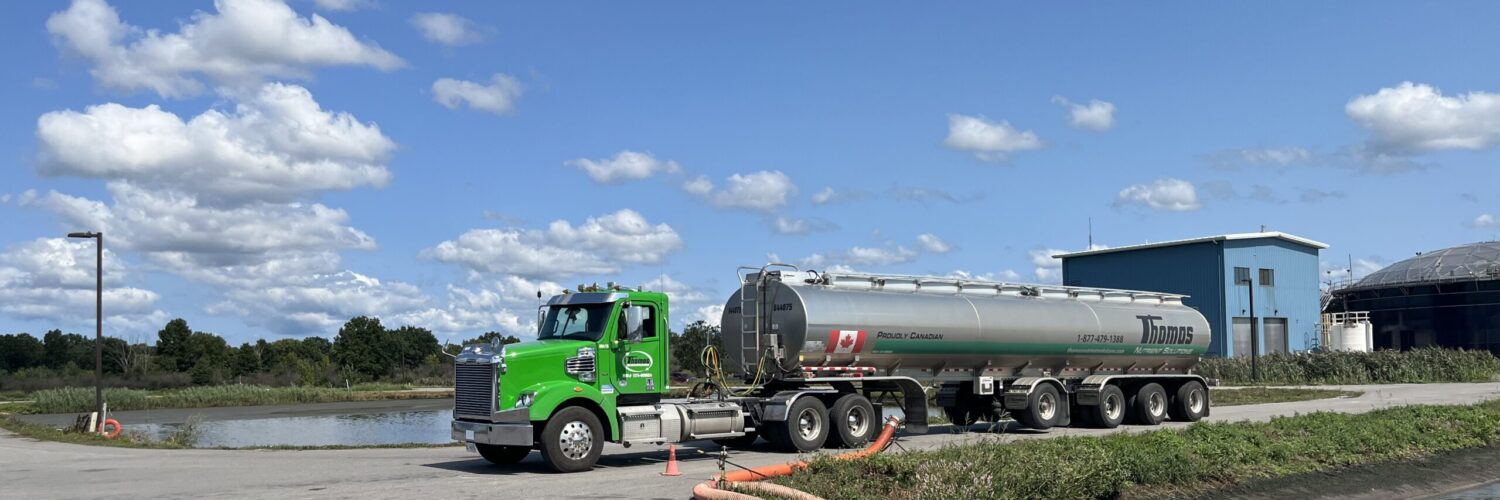Farms have to contend with a variety of issues to keep their environment healthy and sustainable. Disposing of waste products can be challenging, especially due to residuals left behind by plants and animals. But a few researchers in Europe are looking into turning common farm waste, such as chicken feathers, cow dung and plant stalks, into eco friendly fertilizer.
These waste materials are naturally rich in phosphorus and nitrogen, key nutrients in the growth of agricultural plants. Recycling these organic wastes can lead to reduced emissions and dependence on chemical fertilizers.
Although these farm residuals are rich in nutrients, it takes some effort to extract them to their purest forms, in order to be suitable for crop application. Manure, for example, is readily abundant but is difficult to transport, and is restricted in its application because of its foul odours.
Chemical fertilizers, which farmers are currently using on their farms, have caused unabated spread of nutrients into rivers and lakes leading to algal blooms and fish deaths, and even evaporation as greenhouse gases.
Erik Meers, an environmental chemist at Ghent University in Belgium, believes that there are too many nutrients flowing around in Europe, causing environmental problems. He is leading a research project called Nutri2Cycle that aims to produce a two-fold solution—processing the farm waste while also making products good enough to replace imported synthetic fertilizer.
It is estimated that around 13.6 million tonnes of nitrogen and 1.8 million tonnes of phosphorus enter European agriculture annually, not only because of chemical fertilizer use, but also from the crops used in animal feed.
Dr. Victor Riau Arenas, a scientist from the Institute of Agrifood Research and Technology in Catalonia, Spain, warns that we are not recycling all the nutrients that we could re-use. He is spearheading a project that aims to boost nutrient recycling in the agricultural food chain to help reduce emissions in a process he calls “Circular Agronomics.”
Both Dr. Riau and Prof. Meers are now exploring ways to extract pure nutrients from organic waste because of a new EU regulation that makes it easier to sell fertilizer made from recycled materials.
The researchers are tackling the challenge of processing the farm waste to make it readily available for application. Since the organic waste needs to be broken down first, they have resorted to using microbes to facilitate the process. They will use sensors to apply the processed bio-fertilizer in the right quantities so that they can precisely gauge what nutrients are going onto a field. They will also use sensors to determine which areas need fertilizer and which do not.
This whole system is being developed to generate a viable circular agricultural economy.’We have these vast flows of nitrogen and phosphorous coming towards Europe in the form of imported chemical fertilizer and in the form of imported animal feeds,’ said Prof. Meers. ‘We are thereby importing nitrogen and phosphorus, which then ends up in manure.’
This circular agronomics system will eventually rely on solar heating to process and dry manure, in order to produce eco friendly fertilizers. Precision feeding of dairy cows will also be implemented to reduce manure and emissions. The goal of their research is to eventually have a closed loop system of agriculture where the nutrients are derived from the wastes with significantly reduced emissions and independence from fertilizer imports.
If you are a municipality in Ontario and in need of a biosolids management solution, please feel free to contact us at 1 (877) 479-1388.
Sources:
https://horizon-magazine.eu
https://www.nutri2cycle.eu/

